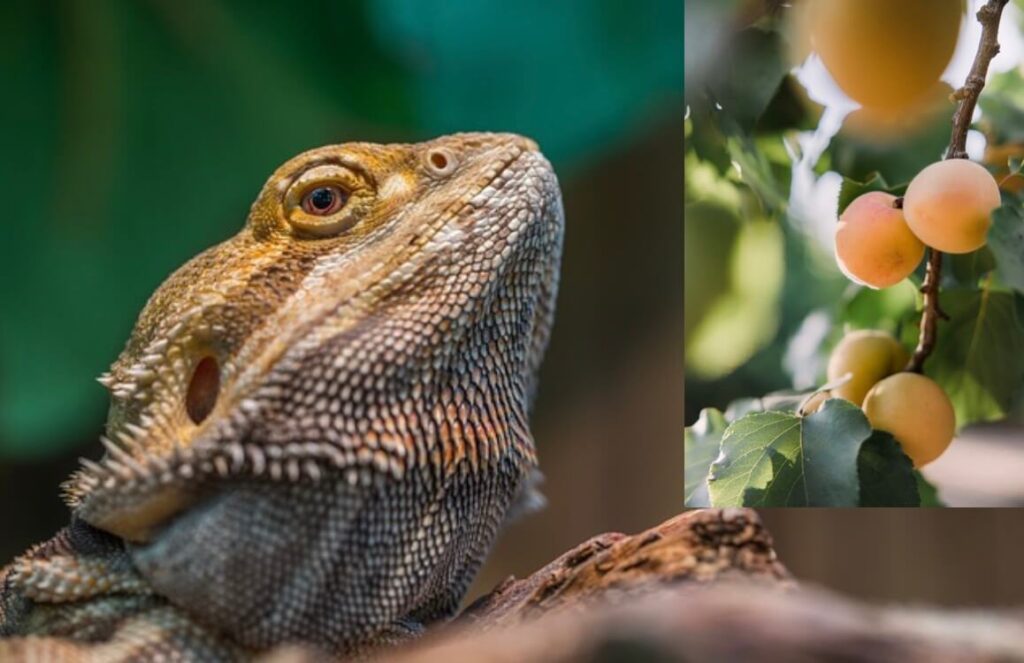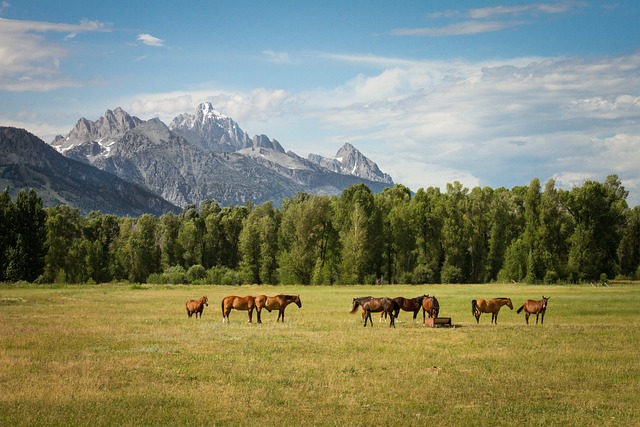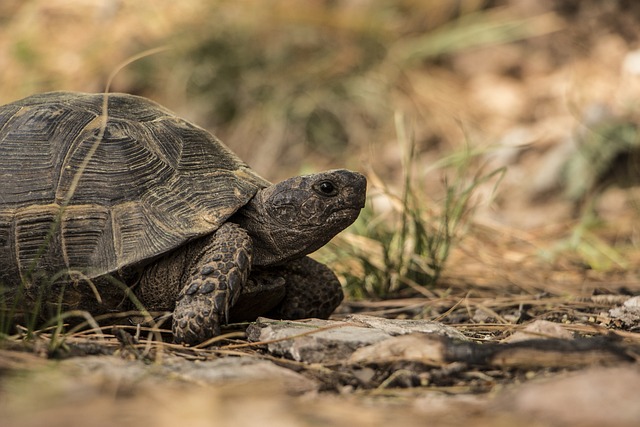Yes! If you’re wondering “Can bearded dragons eat apricots?,” the answer is a qualified yes, bearded dragons can eat apricots, in moderation. While beardies enjoy the taste of apricots, it shouldn’t be fed to them daily.
In this article, we’ll explore the nutritional value of apricots for bearded dragons and how to feed them properly. As well, see our full guide to What fruit can bearded dragons eat?
Can bearded dragons eat apricots?
- Can bearded dragons eat apricots?
- Apricot Nutritional Value for Bearded Dragons:
- How often should you give apricots to your beardie?
- Why can’t I feed my bearded dragon apricots daily?
- How to feed apricots to your bearded dragon:
- Frequently Asked Questions (FAQ):
- Foods bearded dragons can eat:
- Getting your bearded dragon calcium:
- Vegetables to feed your bearded dragon:
- Insects to feed your bearded dragon:
- How often should you feed a bearded dragon?
- What should a bearded dragon not eat?
- Recap: Can bearded dragons eat apricots?
Apricot Nutritional Value for Bearded Dragons:
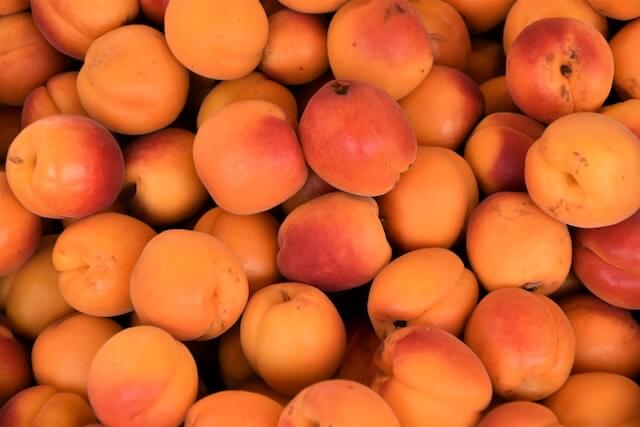
Apricots contain:
- Protein
- Fiber (great for their digestion)
- Vitamin A
- Vitamin C
- Vitamin E
- Potassium
- Antioxidants
- Water
Source: Healthline
How often should you give apricots to your beardie?
A good rule of thumb is one apricot at most once a week. If you’re feeding a baby or juvenile bearded dragon, you can aim for one apricot every two weeks.
Why can’t I feed my bearded dragon apricots daily?
Apricots have high phosphorus content. In bearded dragons, it’s important to be aware of the phosphorus and calcium content in food you feed them. Why? Bearded dragons need a good amount of calcium to grow and to maintain bone and muscle health in adulthood. However, phosphorus inhibits the absorption of calcium if there’s too much of it, relative to the calcium amount.
You should aim for a 2:1 ratio of 2 parts calcium to 1 part phosphorus. We’ve outlined ways to increase your beardie’s calcium intake below as well.
Another reason beardies shouldn’t eat apricots, or fruit in general, daily is that the sugar content is usually quite high in fruit, and this can lead to obesity and even diabetes in bearded dragons. This is especially true since most bearded dragons that are raised as pets don’t get as much exercise as they would in the wild. Their sedentary lifestyle doesn’t allow for daily fruit intake since they’re more prone to obesity from not moving as much as they usually would.
How to feed apricots to your bearded dragon:
- Make sure to take out the stone, as it provides no nutrients and is a choking hazard.
- Apricot skin is fine for beardies to eat, and the skin actually has a lot of fiber and vitamins.
- Cut the apricot up into smaller chunks.
- Mix the chunks into their vegetable bowl.
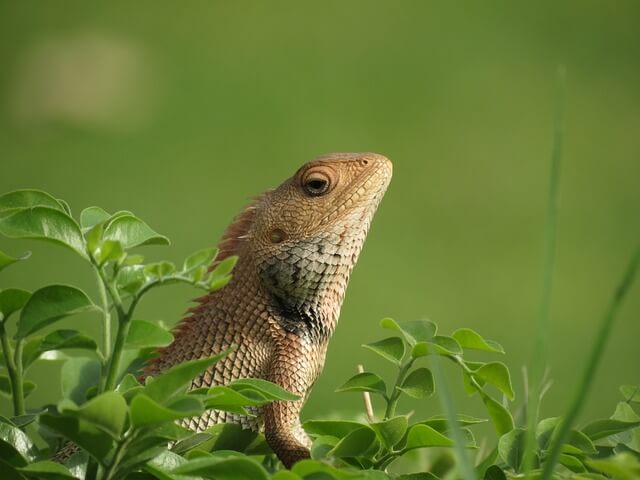
Frequently Asked Questions (FAQ):
What fruit is toxic to bearded dragons?
High acid fruit like citrus should never be fed to your bearded dragons. This includes lemons, limes, oranges, grapefruits, and kumquats. As well, avoid feeding them avocados!
What fruits do bearded dragons love?
Bearded dragons are drawn to fruits like melons, watermelons, peaches, strawberries, grapes, and apples (including applesauce).
Can bearded dragons eat peaches?
Yes, bearded dragons can eat peaches, and they’re considered one of the safer fruits to feed your beardie regularly.
Can bearded dragons eat cherries?
Yes, bearded dragons can eat cherries, on occasion. Twice a month is a good rule of thumb.
Can bearded dragons eat plums?
Yes, bearded dragons can eat plums, but only on occasion. See our full guide to feeding bearded dragons plums here.
Can bearded dragons eat grapes?
Grapes are high in fiber and calcium, and make a wonderful snack for bearded dragons. So yes, bearded dragons can eat grapes, but only on occasion. They are also high in sugar and oxalates, which beardies should not eat daily.
Can bearded dragons eat bananas?
While bearded dragons can eat bananas, they shouldn’t be given them regularly. There are other fruits with much higher nutritional values for beardies.
What calms bearded dragons?
Baths calm bearded dragons down, followed by a nice cuddle in a warm soft towel. Keep the room quiet to keep them calm as well.
What stresses bearded dragons?
If your bearded dragon is in a terrarium that’s too small and with very little hiding spots, plants, and rocks for them to sit on, this will stress them out. Make sure you give them enough space to roam, and a dynamic environment. As well, if your room is very loud, it’ll likely stress them out. They also need regular feeding schedules and UV light to avoid stress.
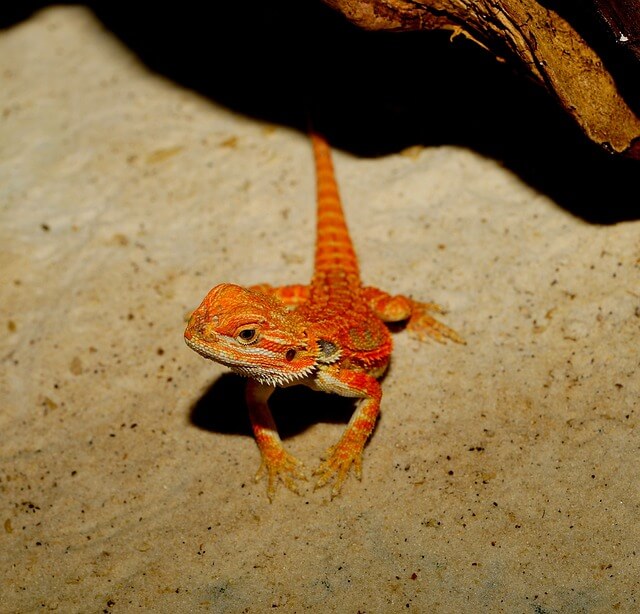
Foods bearded dragons can eat:
If you’re wondering what you should feed a bearded dragon, read our guidelines below. Bearded dragons are insectivores, which just means they thrive on insects as well as plant materials.
If you have a juvenile bearded dragon (between six and eighteen months old), give them about 80% vegetables and 20% live insects.
As your bearded dragon transitions into adulthood, give them the inverse, so 20% plant materials and 80% insects.
Getting your bearded dragon calcium:
Calcium is especially vital to a bearded dragon, especially a young one that is still growing. There are several ways to introduce more calcium into your beardie’s diet:
- Add in more high calcium vegetables like dandelions, bok choy, and collard greens.
- Dust calcium powder over their insects and vegetables to increase calcium levels.
- Make sure they’re getting their 12 hours of UVB exposure as they need this light to be able to properly absorb nutrients.
Vegetables to feed your bearded dragon:
- Peas
- Dandelion
- Green beans
- Cabbage
- Zucchini
- Pumpkin
- See our full list of vegetables to feed your bearded dragon
Note: Bearded dragons can also eat fruit in moderation. See here for a complete list of fruits bearded dragons can eat.
Insects to feed your bearded dragon:
- Crickets
- Kingworms
- Waxworms
- See our full guides to insects you can feed your bearded dragon and worms to feed your bearded dragon
Quick note: Live insects raised by you or bought from the pet store are best because they’re definitely pesticide free.
How often should you feed a bearded dragon?
During the first 3-6 months of your beardie’s life, try to feed them four to five times a day by giving them as many insects as they’d like in 10 minutes. They’re growing and need lots of protein during this stage.
Reduce the number of feedings to about two to three times a day when they’re growing into their juvenile years (between six and eighteen months).
As they become an adult, you can feed them once daily.
What should a bearded dragon not eat?
Avoid feeding your bearded dragon:
- Onions
- Leeks
- Chives
- Mushrooms
- Garlic
- Acidic fruit like oranges, lemons
- Rhubarb (can be toxic to them)
- Avocados (surprisingly, these make them ill)
- Eggplant
- Insects caught in the wild (there may be pesticides covering them)
- Venomous insects
- Dairy of any kind
- Rice and grains of any kind
- Frogs or toads
- Ham or other processed meats
Recap: Can bearded dragons eat apricots?
- Yes, bearded dragons can eat apricots.
- However, adult beardies should only eat one apricot every week or so, and younger bearded dragons should eat even less.
- Apricots are nutritious and a great treat for beardies, but contain too much phosphorus and sugar to be eaten daily.
For our full list of food to feed a bearded dragon, see our guide here.
Related articles:

